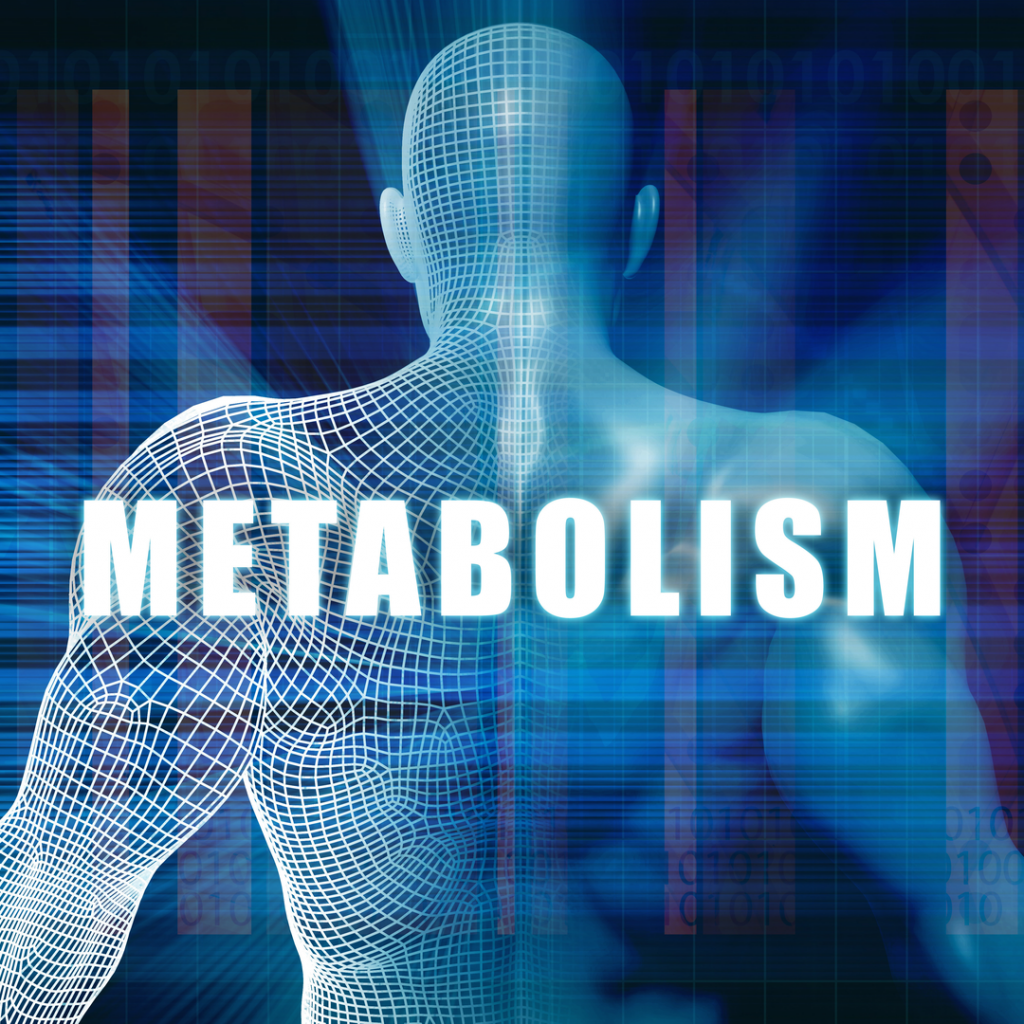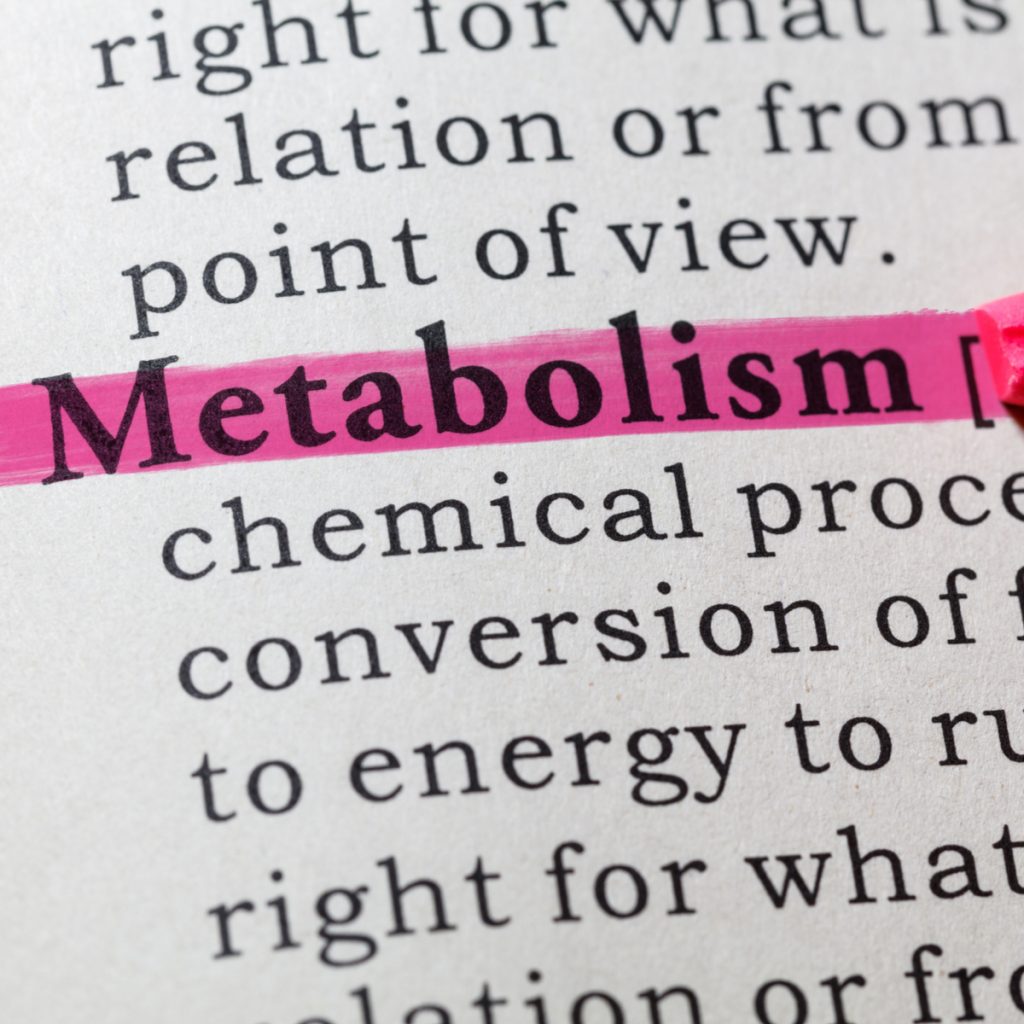Breakfast is often touted as the most important meal of the day, and for good reason. But that does not mean that there is a one size fits all breakfast for everyone necessarily. Specifically, the nutritional needs at breakfast differ significantly between children and adults. For adults, the importance of a high protein breakfast is critical to understand. Dr. Donald K. Layman’s scientific research provides a deeper understanding of why adults need a protein-rich breakfast to kickstart their day and maintain muscle health.

Breakfast Needs: Children vs. Adults
Children and adults have different metabolic needs, and thus, their nutritional needs at breakfast vary. It should probably come as no surprise, according to Dr. Layman, children have high metabolic rates and burn a lot of energy. They need fuel to perform well in school, and numerous studies support the notion that children who eat breakfast perform better academically. For children, the composition of their breakfast is less critical as long as it provides sufficient energy. Dr. Layman notes, “Cereal with milk seems to be fine. The total protein at an individual meal doesn’t seem to matter for children, just total protein per day.”
For adults, it is a whole different story. Adults have a slower metabolic rate and ample stored fuel, so their need is not for more energy but for metabolic balance. This balance is achieved by consuming MORE PROTEIN and fewer carbohydrates at breakfast. Dr. Layman explains, “Adults are not growing, and the aging process produces a net catabolic pattern.” This catabolic pattern means that adults lose muscle mass over time, making protein intake crucial. In other words, adult bodies need to preserve and support the muscle we’ve got, or we are going to lose it.

The Role of Protein in Muscle Health
As adults age, the efficiency of protein use in the body declines, leading to muscle loss. This loss can be as much as 5% to 8% of muscle per decade, exacerbated by illness or a sedentary lifestyle. Research indicates that adults need a minimum of 30 grams of high-quality protein at each meal to stimulate an anabolic response in muscle. Meaning, if not enough protein is consumed, your body will not function properly. This is particularly important at breakfast, the first meal after the overnight fasting period.
During the night, the body is in a state of protein starvation. Although organs like the liver, heart, kidney, and brain continue to function and require amino acids to make new proteins, there is no storage for these amino acids. As a result, the body breaks down muscle proteins to meet this need. “This means that every night the catabolic process of degrading muscle is accelerated,” Dr. Layman points out. Without a protein-rich breakfast, this catabolic state persists throughout the day until dinner, when most people consume their largest protein intake. Meaning our body is going to be continually losing muscle unless adequate protein is consumed.

Benefits of a Protein-Rich Breakfast
Dr. Layman’s research has shown that shifting protein consumption from dinner to breakfast can reverse the catabolic state early in the day and protect our muscles better. What an easy shift to make! This shift is essential for all adults to prevent age-related muscle loss. Increasing protein at breakfast has also proven beneficial in weight loss programs. By reducing carbohydrates and increasing protein at breakfast, participants experienced greater fat loss while preserving muscle tissue. This approach also helped stabilize blood sugar levels, improve blood lipids, and lower blood pressure. This simple shift to a higher protein breakfast has a ripple effect with a myriad of benefits! So stop skipping breakfast, and bulk up on the protein intake!
One practical outcome of this research is the development of the Metabolic Shake. This shake is a proprietary blend of proteins, carbohydrates, fats, and fiber designed to create the perfect balance for muscle health. It provides a convenient and tasty meal replacement that ensures an optimal protein-to-carbohydrate ratio for muscle maintenance. We’ve designed both a 100% whey blend, and a mixed blend of whey and plant proteins to offer a variety of options to suit your needs.

Practical Tips for a Protein-Rich Breakfast
Incorporating enough protein into your breakfast doesn’t have to be complicated. Here are some easy meal ideas and tips to help you get started:
- Greek Yogurt with Nuts and Berries
Greek yogurt is an excellent source of protein. Add a handful of nuts and fresh berries to boost the protein content and add healthy fats and antioxidants. This combination not only enhances the taste but also provides a well-rounded nutritional profile.
- Eggs and Avocado Toast
Eggs are an eggs-cellent(!) and a versatile option to look for breakfast. Pairing them with whole-grain toast and avocado provides a balanced meal with proteins, healthy fats, and complex carbohydrates. Prepare the eggs in any way you’d like! Whether it’s scrambled, poached, or boiled – mix things up when needed to keep things interesting!.
- Protein Smoothie
Blend a scoop of Metabolic Shake powder with almond milk, a banana, and a tablespoon of peanut butter. This smoothie is quick, convenient, and packed with protein to start your day. You can also add spinach or kale for extra vitamins and minerals without compromising the taste.
- Cottage Cheese and Fruit
Cottage cheese is an often overlooked high source of protein! It is especially versatile, because you can make it salty or sweet! Top it with your favorite fruits (peaches are a favorite!) for a delicious and nutritious breakfast. You can also add a sprinkle of nuts or granola for an extra crunch and nutrient boost. Eat the cottage cheese as a dip with your favorite whole grain cracker or pretzels. Cottage cheese with tomatoes and diced avocado is another favorite. Don’t forget a little salt and pepper to really enhance the flavors!
- Overnight Oats with Protein Powder
Mix oats with milk or a dairy-free alternative and add a scoop of protein powder. Let it sit overnight, and in the morning, you’ll have a ready-to-eat, protein-rich breakfast. You can customize overnight oats with various toppings like berries, nuts, granola or a drizzle of honey to suit your taste. An awesome option especially if you are pressed for time in the mornings, since it’s ready to go when you wake up!
- Breakfast Burrito
A breakfast burrito can be a protein powerhouse. Use a whole-grain tortilla and fill it with scrambled eggs, black beans, cheese, and sautéed vegetables. This portable breakfast option is perfect for busy mornings and provides a balanced mix of protein, fiber, and healthy fats.
- Chia Seed Pudding
Chia seeds are rich in protein, fiber, and omega-3 fatty acids. Mix chia seeds with milk (or a dairy-free alternative) and let it sit overnight. In the morning, you’ll have a pudding-like consistency. Add fruits, nuts, or a dollop of yogurt or cottage cheese to enhance the flavor and up the protein even more.
- Smoked Salmon on Whole Grain Bagel
Smoked salmon is an excellent source of high-quality protein and healthy fats. Pair it with a whole-grain bagel or toast and a spread of cream cheese or avocado for a delicious and protein-rich breakfast option. Add some capers and red onions for extra flavor. You’ll be eating gourmet for breakfast and be full for hours!

Monitoring and Adjusting Your Breakfast Routine
Give this approach a try and keep track of how your body is looking and feeling! Do you feel fuller longer? Do you have more energy throughout your day? Are you sleeping better at night? Are your clothes maybe fighting a little bit better? Have you lost some weight? Are your cravings later in the day reduced? Are you less bloated? These are just a few of the questions, or things you can monitor as you put Dr. Layman’s research to the test.
It’s important to monitor how your body responds to a protein-rich breakfast and make adjustments as needed. Everyone’s body is different, and factors like age, activity level, and overall health can influence your dietary needs. If you find that you’re still feeling hungry or low on energy in the morning, you may need to increase your protein intake further or add more variety to your breakfast choices.
Using apps and tools that track your macronutrient intake can help you stay on target and make informed adjustments. Also, a regular old notebook or journal where you track what you are eating can work wonders here. You can also make note of how you are feeling and any other symptoms you feel are noteworthy.
Conclusion
The importance of protein at breakfast is clear, most especially for adults. A high protein breakfast is a game changer! It can help reverse the overnight catabolic state, protect muscle mass, and contribute to overall metabolic health. Dr. Donald K. Layman’s research highlights the critical role of protein in our diets, particularly at the first meal of the day. By making a simple shift to a protein rich breakfast, you can improve your muscle health, aid in weight loss or management and enhance your overall health!
So, next time you roll out of bed, remember the importance of protein and make intentional choices that set you up for success the rest of day. It’s the small and simple changes like this that add up to big results over time. Give it a shot! Put Dr. Layman’s research to the test and see what benefits a protein rich breakfast brings to your life.



